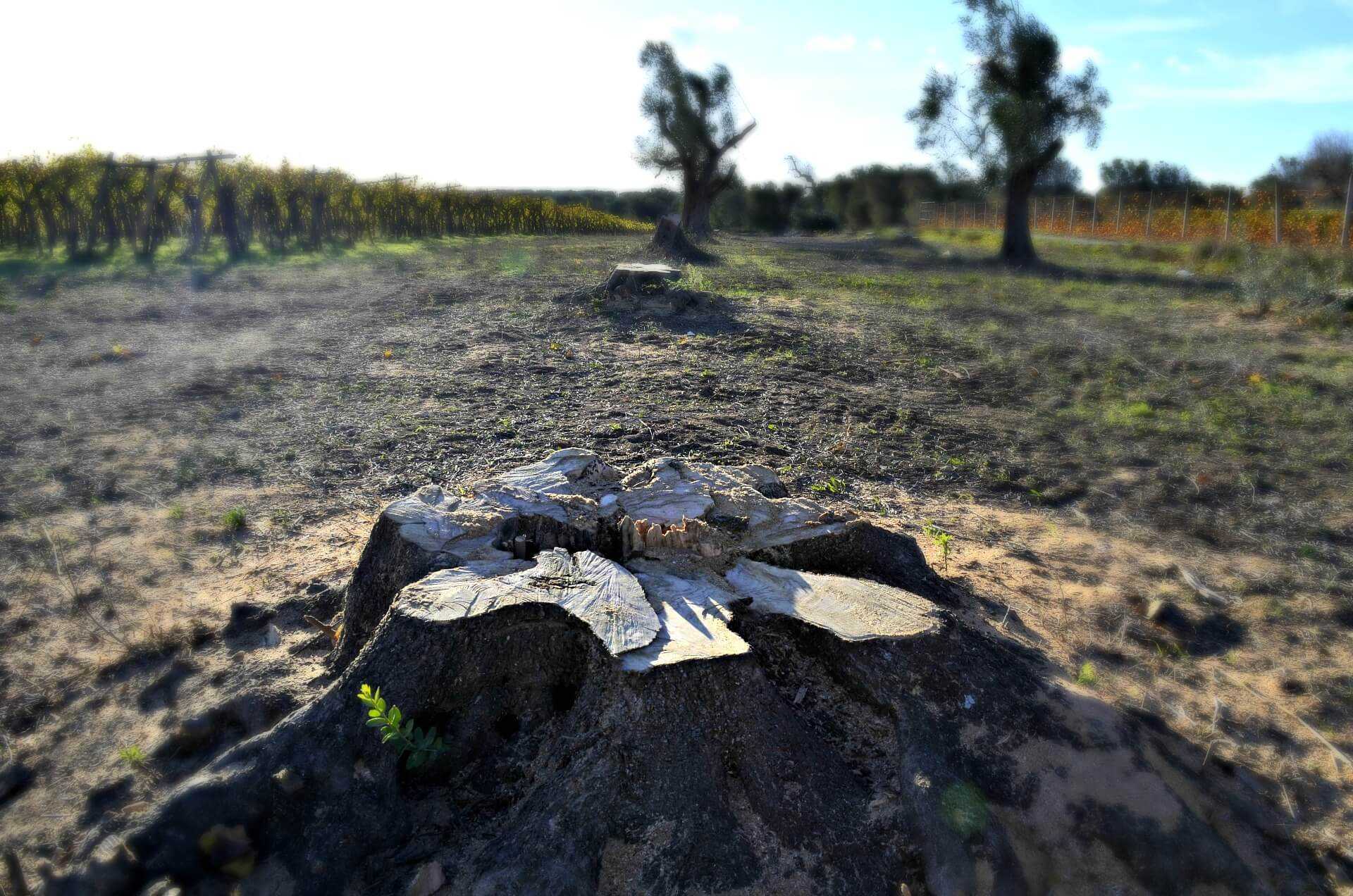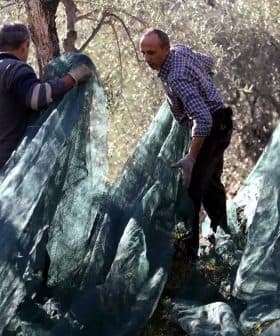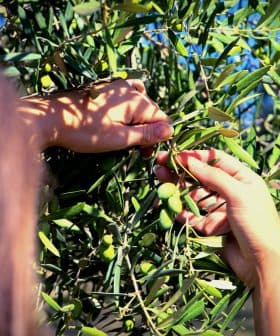New Tool Could Stop the Spread of Main Xylella Fastidiosa Vector

Italian researchers have developed a new tool to combat Xylella fastidiosa by disrupting spittlebug mating, a key vector of the bacteria. The research, known as biotremology, focuses on disrupting the insects’ communication through sound vibrations to reduce mating opportunities and potentially contain the spread of the pathogen in olive groves in southern Italy.
A team of Italian researchers has developed a new tool to combat Xylella fastidiosa. It aims at disturbing spittlebug mating, which is one of the main vectors of the bacteria.
Xylella fastidiosa is a deadly pathogen that has infected 21 million olive trees spread over 183,000 hectares across southern Italy, according to the Italian agricultural association, Coldiretti.
A continuous noise with a specific frequency range could successfully disrupt mating by interfering with the male-female communication.
The new research area, known as biotremology, led scientists to investigate the effects of sound vibrations on the insects and discover how spittlebug reproduction could be curtailed.
Researchers from the XF-Actors initiative, the Edmund Mach Foundation, the University of Trento and the Mediterranean Agronomic Institute of Bari focused on the impact specific vibrations had on the species’ reproduction, borrowing from the experiences of its application on vineyard pests.
See Also:Treatment to Mitigate the Impact of Xylella Fastidiosa Shows Promise in ItalyIn the last decade, the effects of vibrational disruption on the most damaging insects to the country’s agricultural sector have been investigated.
“The insects use the micro-vibrations to communicate,” Edmund Mach Foundation researchers said. “By interfering with those communications, the females of several insects can not receive the signals from the males, which translates in a relevant reduction of mating opportunities.”
In vineyards, vibrational disruption signals are already being tested to reduce the use of pesticides. Experts believe that the same treatment could be used in Apulian olive groves to contain spittlebug reproduction and the spread of Xylella fastidiosa.
“Scientists collected data on the vibrational communication of Philaenus spumarius [the spittlebug species] with a laser vibrometer throughout the year,” an XF-Actors press release said. “A continuous noise with a specific frequency range could successfully disrupt mating by interfering with the male-female communication.”
While the scientists believe that these first results are encouraging, they highlight how further research on the new biological tool is needed.
“The study is still ongoing and will certainly lead to essential scientific evidence for the fight against the vector insect,” said Savino Muraglia, president of Coldiretti Puglia. “The importance of scientific research in the fight against Xylella fastidiosa has been evident for years and must be supported with more funding for laboratory research, monitoring and sampling activities [that came as the result of] the €10 million allocated by the Olive Regeneration Plan.”
“The funds from the European Union destined for monitoring and sampling are just small change, being equal to €3 million for the whole Italian territory and destined to cover operations about seven different pathogens,” he added.









